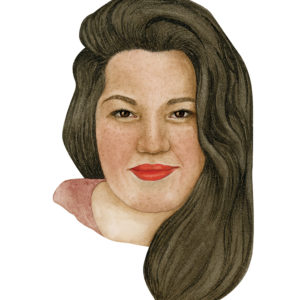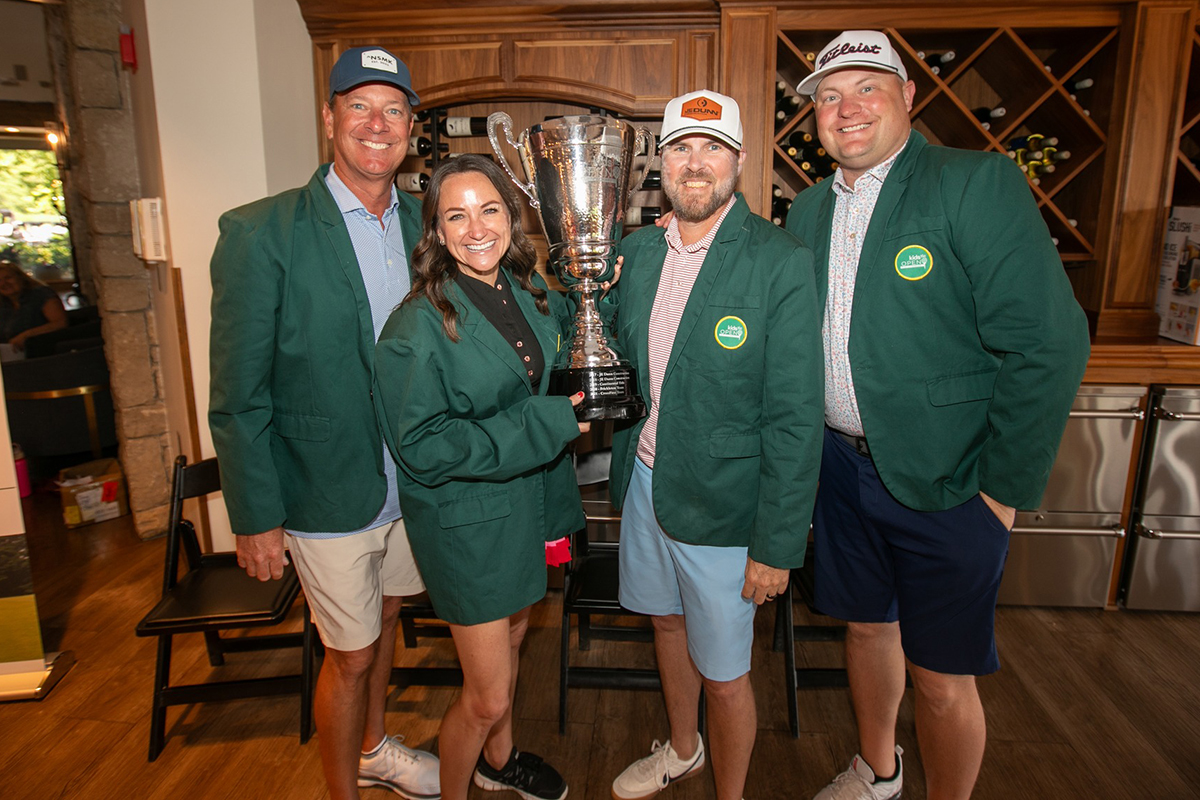Last November, Brian Roberts quietly launched a pop-up retail business called Black Pantry, where he sold sundry home goods and foodstuffs—everything from soaps and candles to artisan hot sauce and jam—out of a small trailer at locations around Kansas City. His core mission: Give Black brands a spotlight.
Roberts returned to his native Kansas City in 2019 after a decade away. He was struck by the enormous business and development growth he found in the area—and disheartened, too.
“When I came back, I saw all these different areas with a lot of life and rejuvenation, but nothing that really embodied any growth from the Black community,” he says. Every product Roberts stocks at Black Pantry comes from a Black-owned business. That’s the primary qualifier. From there, Roberts selects merchandise that’s of high quality and craftsmanship.
In April, Roberts partnered with Made in KC to split the retail space at the brand’s new shop in Martini Corner (half the square footage is stocked with Made in KC products; the other half is Black Pantry). It’s the next step in what he hopes will be a long life for Black Pantry.
Where did the idea for Black Pantry originate?
It originated almost a year ago on my honeymoon. Me and my wife were having a picnic and we wanted to support Black businesses, and we were talking about the lack of availability to support those businesses. You really had to drive the scope of the city. At the same time, there wasn’t a large number of trendy Black businesses in up-and-coming areas. So I was like, “I’m going to try something crazy. I’m going to get all these products I see online that are high-quality and that I know everyone is looking for right now—because everyone wants to support Black-owned businesses—and I’m going to bring it to people.”
How do you find the creators and makers you want to represent?
First I started doing the searches on Google, which was frustrating because it was just a collage of businesses. Who wants to go through a list of a hundred and eighty businesses? A lot of the Black community doesn’t even know about a lot of those brands because they are hard to find. So, I research and I start to dive into the business. I’ll order something and try it and look at the quality of packaging and how long they’ve been around. I do a lot of background work on who and what they are.
Why is this work important to you now?
Right now, there’s no better time to be Black. You have Black people supporting each other more than ever and other cultures supporting what Black America is doing. Kansas City is one of the most intentionally racially divided cities in America, and I feel like Black people are still not represented well. I love shopping in Westport and the Crossroads and Lenexa, but sometimes, we go in these spaces and we can feel that we are not welcome. These spaces are not created with us in mind. There’s a limited number of places that I can go to that are trendy where I can be my authentic Black self, and that’s what I’m trying to create.
GO: 325 E. 31st St., KCMO. Open 10 am–7 pm Monday–Saturday and noon–5 pm Sunday.
Kansas City Favorites
The Combine: “They have a great cocktail called the Combine, and the Cowtown slice—with pepperoni, sausage, bacon and beef—is a must!”
Tyler Enders: “One of the co-founders for Made in KC, he has done so much to support local small businesses. I think the Made in KC team is strong, and I’m excited to see how the Black Pantry and Made in KC partnership evolves.
KC Black-Owned: “What they’re doing is compiling a really user-friendly, searchable list of Black-owned businesses so you can say, ‘Here is where I am today, where can I go in this neighborhood to support Black-owned businesses?’ And you can pull up the map on the website and it’ll show you your options.”






